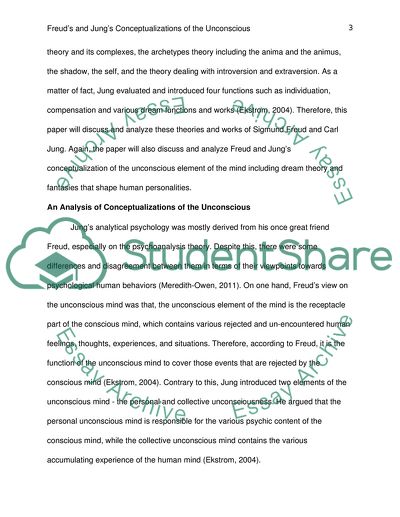Cite this document
(“An analysis of Freuds and Jungs conceptualizations of the unconscious Essay”, n.d.)
Retrieved from https://studentshare.org/psychology/1632431-an-analysis-of-freuds-and-jungs-conceptualizations-of-the-unconscious
Retrieved from https://studentshare.org/psychology/1632431-an-analysis-of-freuds-and-jungs-conceptualizations-of-the-unconscious
(An Analysis of Freuds and Jungs Conceptualizations of the Unconscious Essay)
https://studentshare.org/psychology/1632431-an-analysis-of-freuds-and-jungs-conceptualizations-of-the-unconscious.
https://studentshare.org/psychology/1632431-an-analysis-of-freuds-and-jungs-conceptualizations-of-the-unconscious.
“An Analysis of Freuds and Jungs Conceptualizations of the Unconscious Essay”, n.d. https://studentshare.org/psychology/1632431-an-analysis-of-freuds-and-jungs-conceptualizations-of-the-unconscious.


